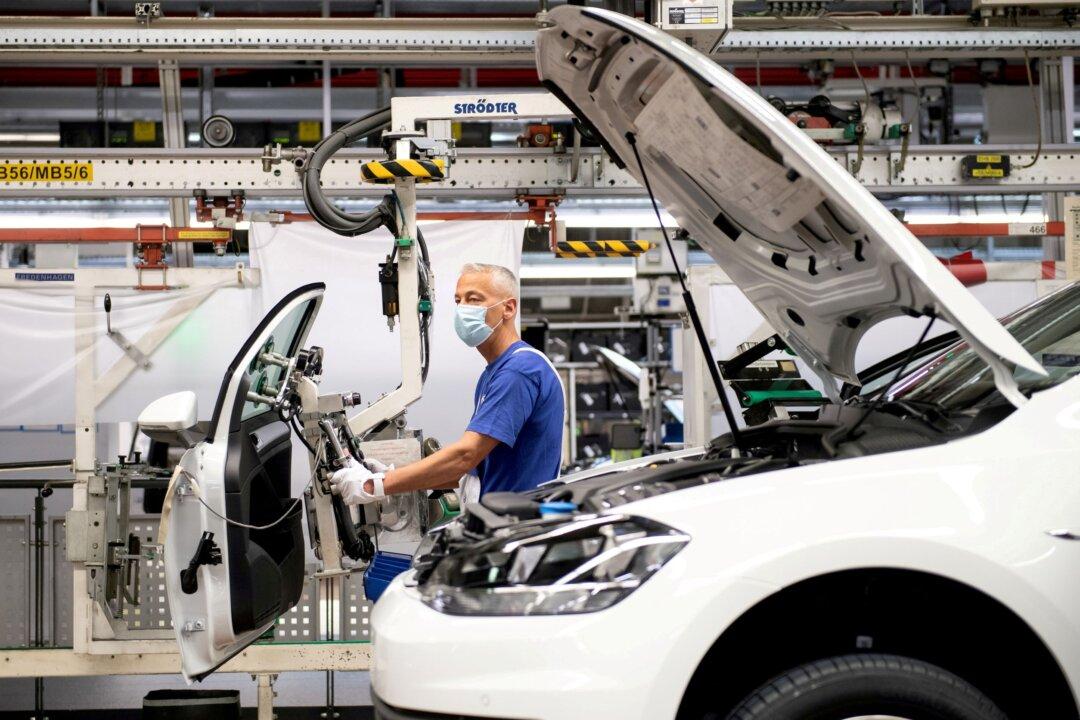Several of the world’s biggest automakers—including Nissan-Renault, Toyota, and Volkswagen—have not signed on to a pledge to phase out sales of new gasoline and diesel-powered vehicles by 2040, according to a draft COP26 declaration published by the UK government.
“Together, we will work towards all sales of new cars and vans being zero emission globally by 2040, and by no later than 2035 in leading markets,” reads the declaration, which has been signed by nearly a dozen car manufacturers, including Ford, General Motors, Jaguar Land Rover, Mercedes-Benz, and Volvo Cars.





